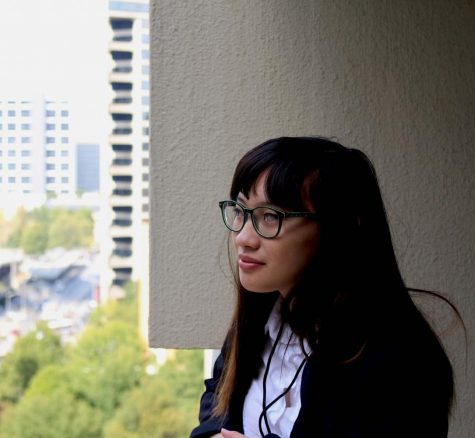As the Children’s Learning Center Manager and a mother Jamie Madigan is “proud of the university for developing child protection policy.”
USI’s Child Protection Committee (CPC) developed and recently released the new Child Protection Policy.
Madigan said the learning center, which caters to two to five-year-olds during the school year and six to eleven-year-olds during the summer, has independent checks and training other than that outlined in the university’s policy.
Children’s Learning Center workers are required to complete CPR and first aid training, child abuse and neglect training, and a minimum of 12 in-service training hours in the area of early childhood.
“For our staff, we need all of those trainings,” Madigan said. “The Child Protection Policy helps us understand where to go if something happens. The (CPC) is a go-to for guidance.”
University provost Ronald Rochon asked Scott Gordon, dean of the Pott College of Science, Engineering and Education, to step onto the CPC.
“The genesis of us developing these policies were situations like Penn State and Syracuse and other institutions where children were not properly supervised,” Gordon said. “We put forth this policy that is very similar to policies that have developed and are being developed around the country.”
A Child Protection Policy Flow Chart published on the university’s website guides staff through the process of planning events, performing background checks and completing training.
The program administrator of any event involving children must complete the Event Planning Form for Programs Involving Children.
The form asks for details about the potential event including duration of the event, whether or not overnight supervision is necessary, program sponsors, average numbers of children or staff involved and important contact information.
The information from the form will be submitted to the CPC.
Event participants must fill out a participant form as well as a form to authorize background checks and sex offender registry checks.
From there, the CPC will decide whether all workers or a limited number need to be background checked.
Gordon said the policy designed background checks to cover sex offender registry, other criminal history and “any less than desirable background.”
“At this point, we are doing our own background checks, but at some point we would like to get a certified third-party to do checks,” he said.
On site at the approved event the program administrator must complete a Program Participant Check-In Form, which checks that each participant has an ID that matches previous documents.
“We want to make sure that our most precious resource, children, (are) protected,” he said.
All participants working with children must complete training also developed by the CPC.
Gordon said the program is online for faculty, the program administrator and other staff.
“The training will probably take about 45 minutes,” he said. “The cost of 45 minutes is nothing compared to the cost of someone doing something inappropriate with a child.”



